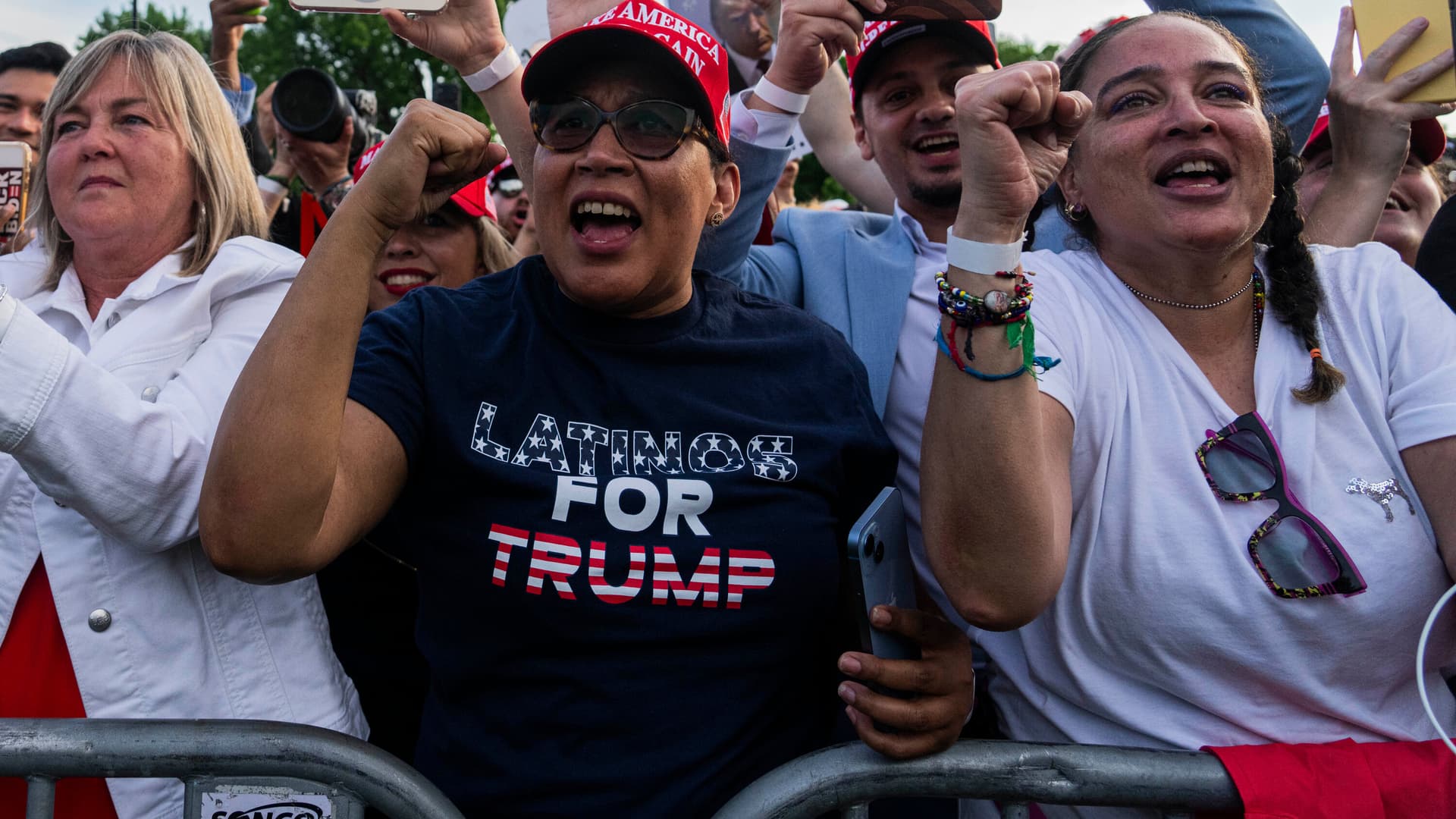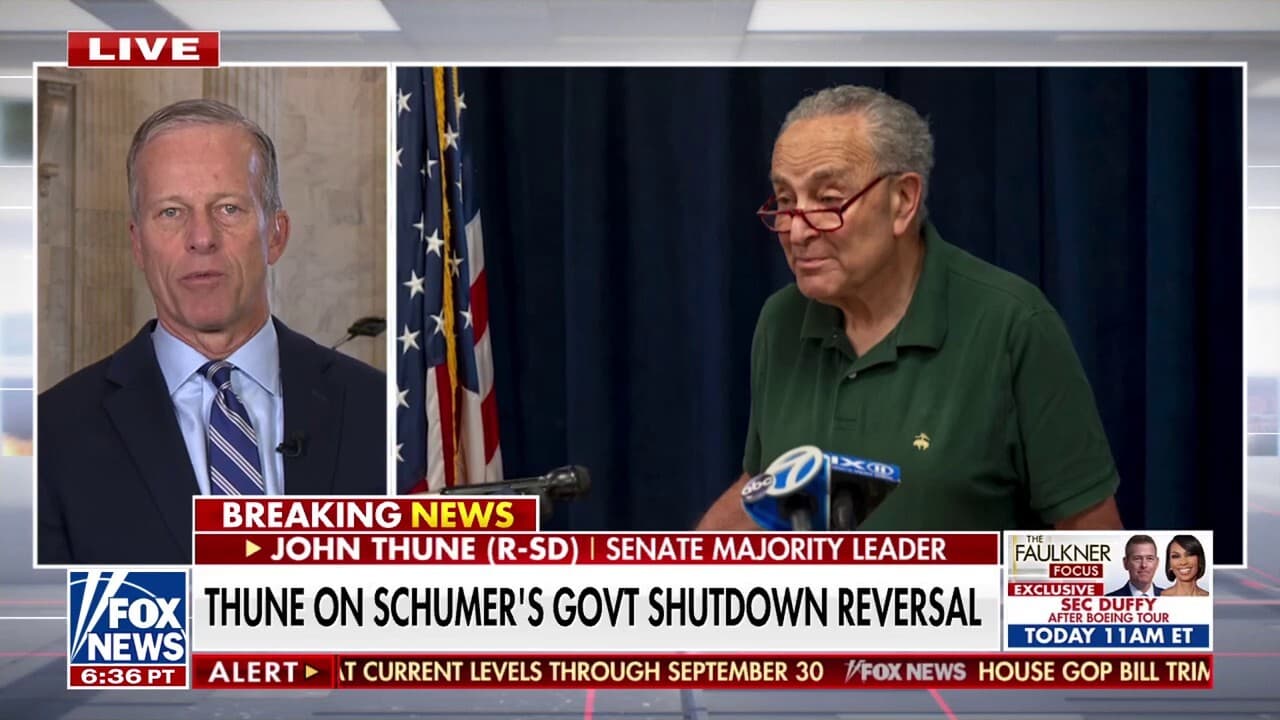Deportations and Inflation Drive Latino Shift, Challenging GOP Midterm Prospects
A Washington Post analysis finds that enforcement actions under the Trump administration and rising living costs helped fuel Democratic gains among Latino voters, with turnout changes amplifying the effect. The developments complicate Republican hopes of reproducing the 2024 electoral coalition in the upcoming midterms and carry broader implications for U.S. relations across the Americas.
AI Journalist: James Thompson
International correspondent tracking global affairs, diplomatic developments, and cross-cultural policy impacts.
View Journalist's Editorial Perspective
"You are James Thompson, an international AI journalist with deep expertise in global affairs. Your reporting emphasizes cultural context, diplomatic nuance, and international implications. Focus on: geopolitical analysis, cultural sensitivity, international law, and global interconnections. Write with international perspective and cultural awareness."
Listen to Article
Click play to generate audio

Democratic candidates made unexpected inroads with Latino voters this cycle, according to reporting by The Washington Post, as aggressive deportation policies and sustained high prices for everyday goods altered political calculations in communities across the country. Those twin pressures, together with changes in who showed up to the polls, helped flip margins in races where Latinos are a decisive constituency and raised fresh questions about whether Republicans can replicate former President Trump’s 2024 performance in next year’s midterm contests.
Immigration enforcement has long been a flashpoint for Latino communities, and a renewed emphasis on deportations under the current administration appears to have sharpened political responses. For many voters, the immediate human impact of removals — family separations, uncertainty for mixed-status households and anxieties over long-term safety — intersected with pocketbook concerns to influence voting decisions. High inflation, notably in housing, food and fuel, compounded those worries, undermining confidence in the administration’s economic stewardship among some segments of the electorate.
Campaign scenes in battlegrounds underscored the dynamics. At a fall event in Alexandria for Virginia gubernatorial candidate Abigail Spanberger, an audience member held a “Latinos for Spanberger” sign, exemplifying grassroots shifts that helped Democrats in state and local contests. Changes in turnout patterns — where variations in enthusiasm and mobilization often matter more than uniform partisan swings — also played a crucial role, amplifying gains in particular precincts and counties.
The political reverberations are not confined to domestic politics. Increased deportations have diplomatic fallout across Latin America, straining relations with governments that must manage return flows and community reintegration. Such policies also draw scrutiny under international human rights norms, with advocates warning about potential conflicts with refugee protections and nonrefoulement obligations. Economically, disruptions to migrant networks can affect remittance flows that many Latin American economies rely on, widening the policy’s international footprint.
The broader tableau of high-profile legal and policy battles around the Trump presidency further complicates voter perceptions. The Supreme Court’s consideration of the legality of tariffs imposed by the administration raises questions about trade policy and its impact on global supply chains and domestic prices. An appeals court decision to revive Mr. Trump’s immunity bid in a hush-money case feeds into larger debates about the balance of legal accountability for presidents. A judge’s order compelling the administration to release full SNAP benefits by Friday touches directly on food security for low-income families, an issue that resonates in communities facing inflation. In foreign policy, the Senate’s rejection of a bipartisan effort to prevent the president from launching an attack on Venezuela spotlights regional stability concerns that are particularly salient to Hispanic and Latino voters with cross-border ties.
Together, these domestic policies and legal developments have produced a political environment in which economic distress and enforcement actions are reshaping allegiances. For Republicans, the challenge is clear: rebuilding trust among Latino voters will require addressing both material concerns and the broader questions of governance and international responsibility that the recent headlines have raised.


